
Category
#Politics

US Senate wants to end EV tax credit even earlier
30.06.2025

EU to exempt electric trucks from tolls until 2031
30.06.2025
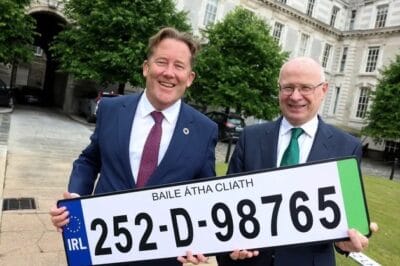
Ireland introduces green ‘flash’ plates for EVs from July
27.06.2025

District judge declares withholding of federal charging infrastructure funds unlawful
25.06.2025

New York expands truck voucher incentive programme
23.06.2025

Pakistan rolls out new EV policy with about 30 mn euros in subsidies
23.06.2025
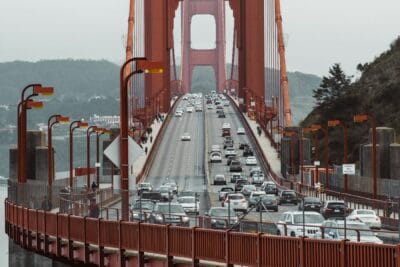
US Supreme Court ruling threatens California’s EV mandate autonomy
23.06.2025

China puts scrappage scheme on hold in several key cities
20.06.2025

Ireland reopens EV grant scheme for taxi and chauffeur sector
20.06.2025

Mumbai installs battery swapping kiosks at public transport stations
19.06.2025
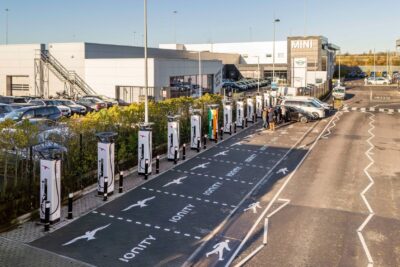
Ireland to receive 53 new fast charging hubs
18.06.2025

U.S. Senate takes another step toward eliminating EV subsidies
18.06.2025

Study on climate advantages of electric cars held back in Switzerland
16.06.2025

HCM City to electrify 400,000 ride-hailing motorcycles
13.06.2025

Trump revokes California combustion engine phase-out – lawsuits announced
13.06.2025

Switzerland to introduce right to charge
12.06.2025

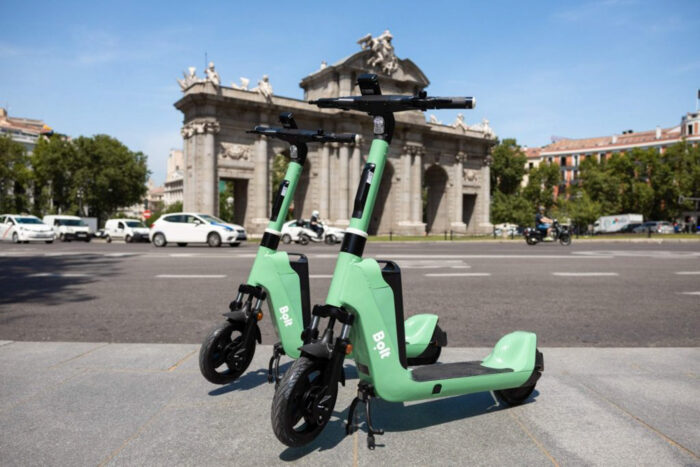



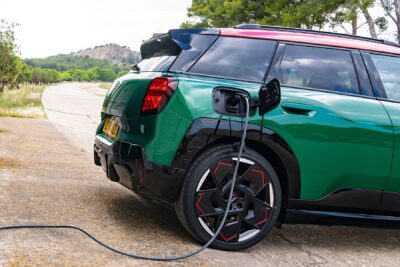
Last commented